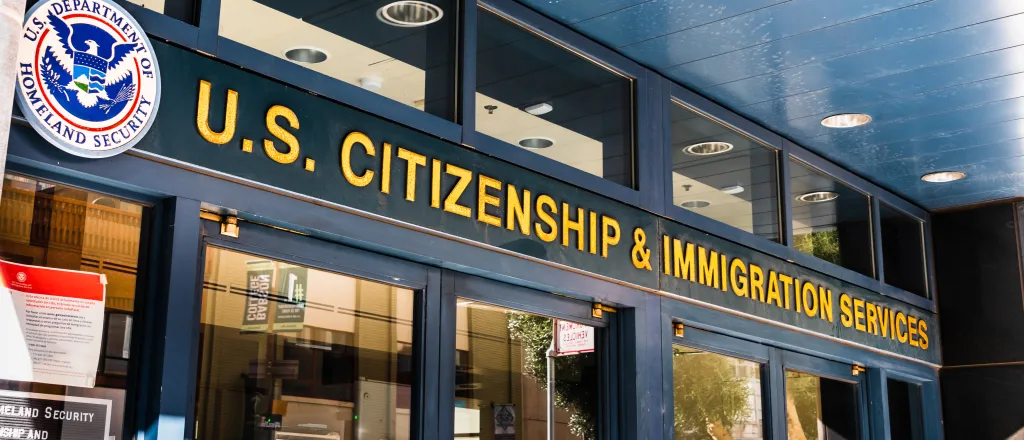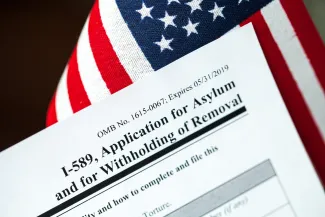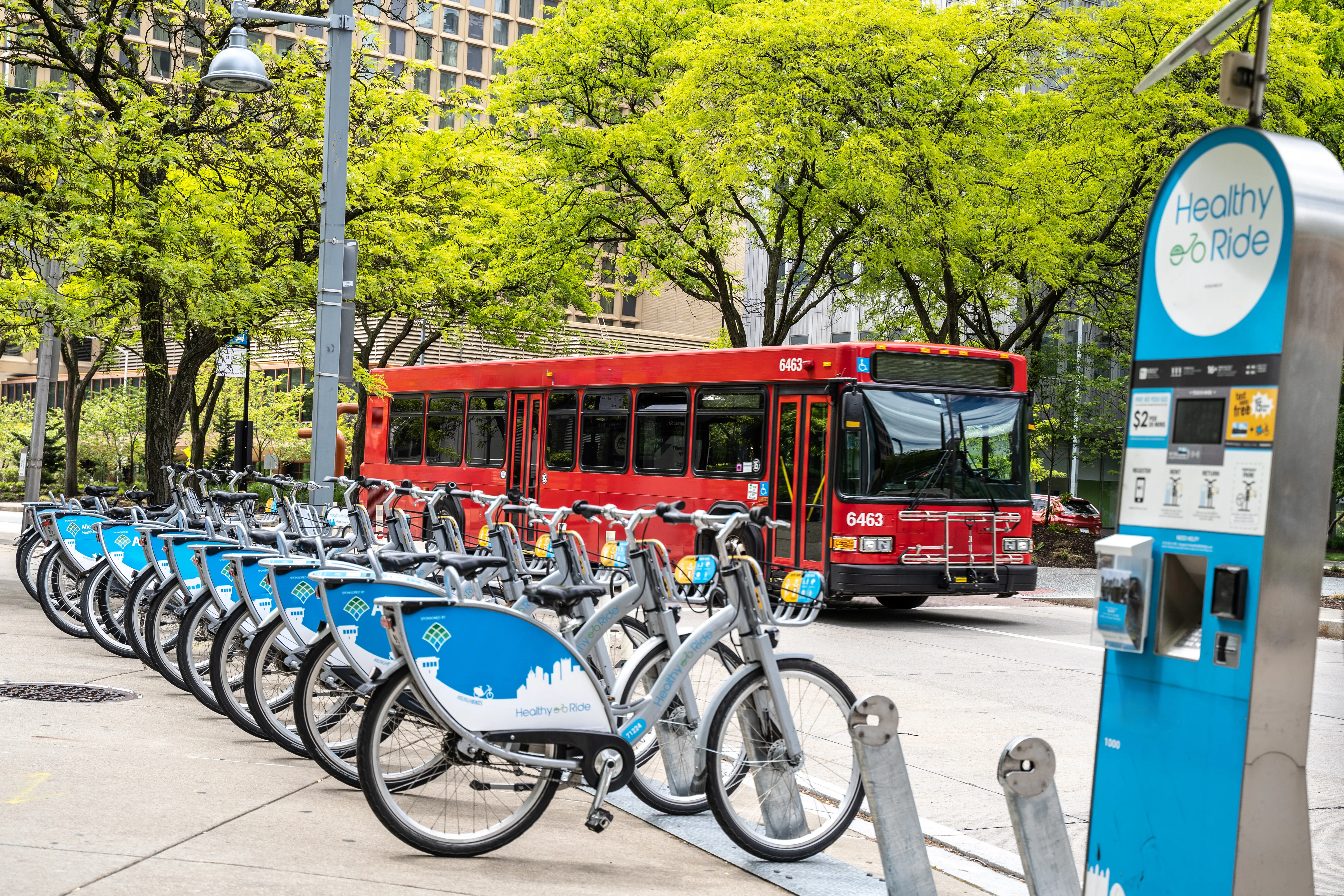
Economic damage of mass deportation predicted to be on par with Great Recession
© Sundry Photography - iStock-1189510256
Click play to listen to this article.
As President-elect Donald Trump doubles down on promises to round up and deport the nation's 11 million undocumented immigrants, the city of Castle Rock has pledged to make its law enforcement personnel available to assist federal agencies.
But that support could come with significant costs.
Jeremy Robbins - executive director of the American Immigration Council - pointed to new data showing that deporting people who work in critical industries such as construction, education, food production, and health care would reduce the nation's Gross Domestic Product by nearly 7 percent - which is on par with losses during the Great Recession.

"The costs of mass deportation would be tremendous," said Robbins, "not just because it's so expensive to deport people, but because it would wreak havoc on the economy."
The cost of deportations is expected to be well over $100 billion, and Trump's transition team has vowed to slash federal funding for local governments that refuse to cooperate.
Denver Mayor Mike Johnston has promised to protect undocumented residents, many of whom have been contributing members of their communities for decades.
Each year, immigrants add $54 billion to Colorado's economy.
Some critics have called Trump's recent vow to scrap restrictions on Immigration and Customs Enforcement arrests at churches, hospitals and schools an effort to instill widespread fear.
During a recent Ethnic Media Services briefing, Elizabeth Taufa - policy attorney with the Immigrant Legal Resource Center - said it's important to understand what mass deportations would look like at the community level.
"Kids that aren't going to school because their parents are afraid of being deported," said Taufa. "Shortages of health-care workers because people either move to places that are a little bit safer or they are removed from the country. It looks like fewer teachers, and we are already facing a teacher shortage."
A strong majority of voters across party lines don't want mass deportations, according to an October survey.
Instead, they want lawmakers to create a legal path to citizenship, a move the nonpartisan Congressional Budget Office estimates would reduce the federal deficit by nearly $1 trillion.
















